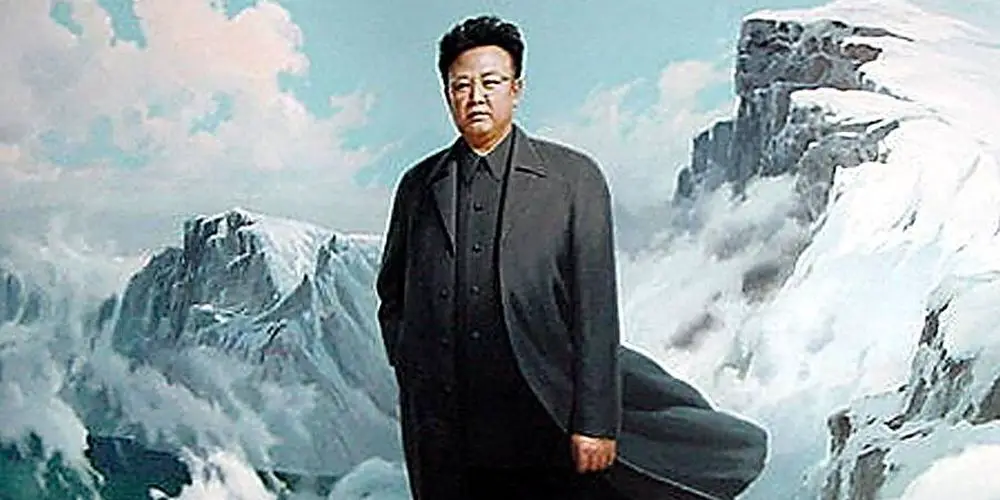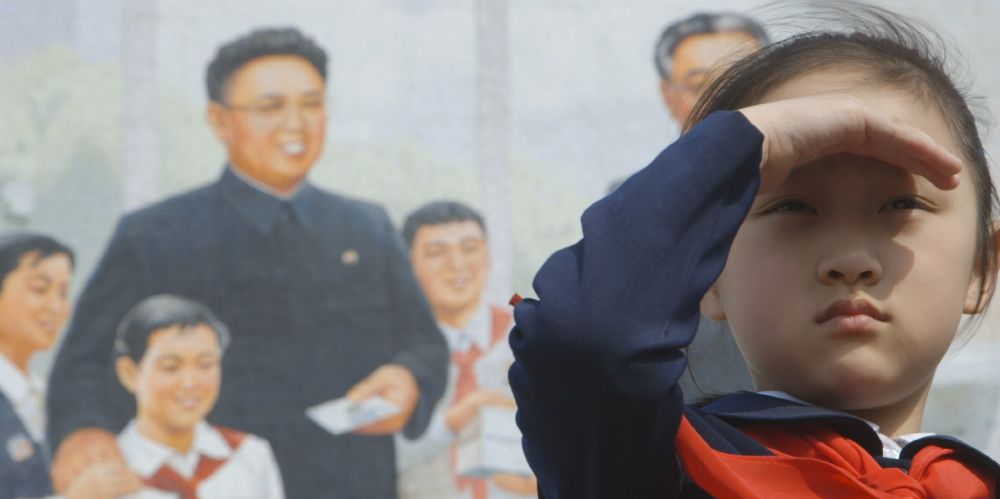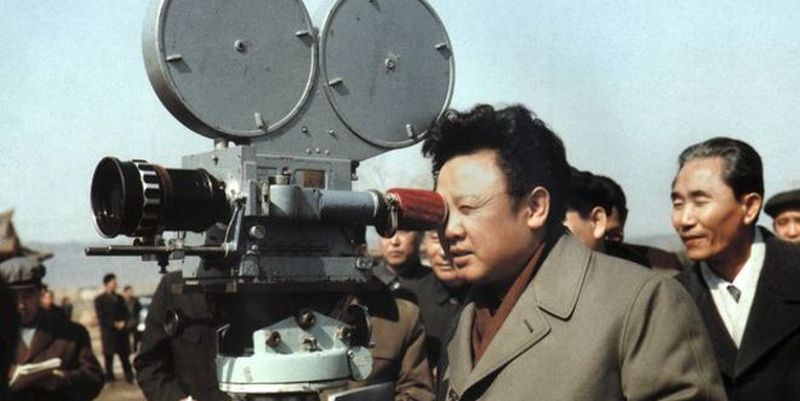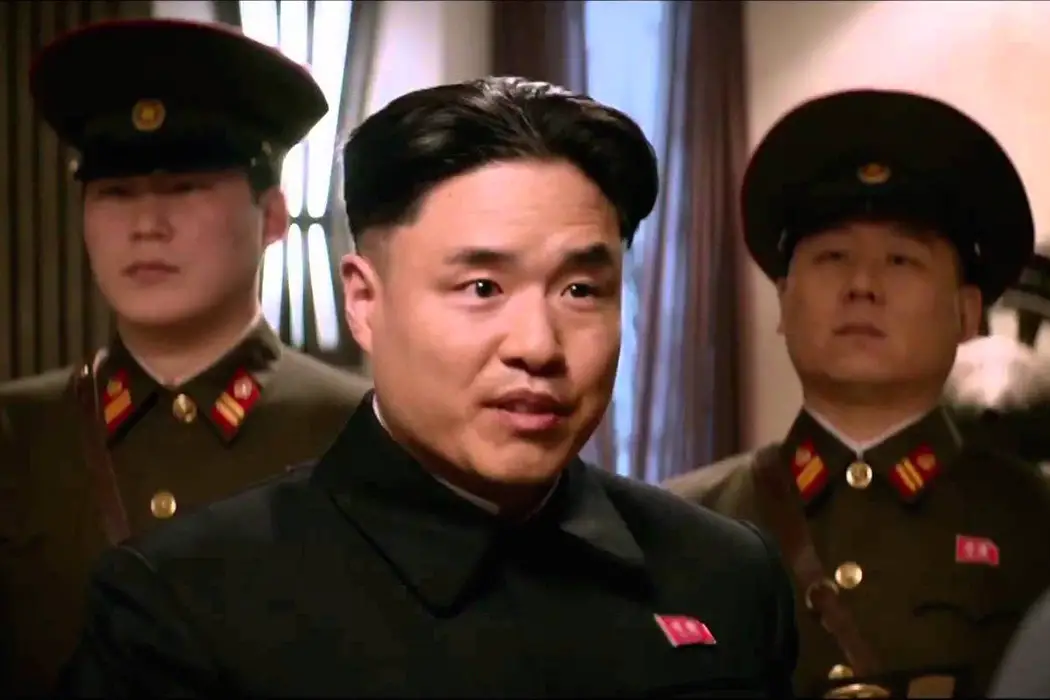North Korea

When we think of documentaries about North Korea, it is usually with an eye toward illuminating what to this day remains cloaked in self-imposed mystery. As it has always been an excessively reclusive nation, this state of unknowing has been the primary trait most of the West associates with the DPRK. As a young country, that means most of its brief history is known only to itself, and even then there are probably only a few at the government’s upper echelons that are privy to details not disseminated to a populace fed on propaganda.

Despite frequently being labeled the most reclusive country in the world, in the past half decade or so there have been a preponderance of documentaries about North Korea. TV shows, websites and documentary filmmakers have all offered their own spin on what is colloquially referred to as “The Hermit Kingdom”. Though told in different ways, all of these pieces have generally come to the same conclusion:

The words “North Korean cinema” have traditionally invoked images of staid, humourless propaganda movies each more concerned with exalting the virtues of the nation’s glorious leaders than sculpting cohesive narratives. For those who have looked into the films emanating from the secretive Asian country it is possible to conclude that, in some instances, this description is rather unnervingly accurate. Many of these stereotypes exist for a reason.


